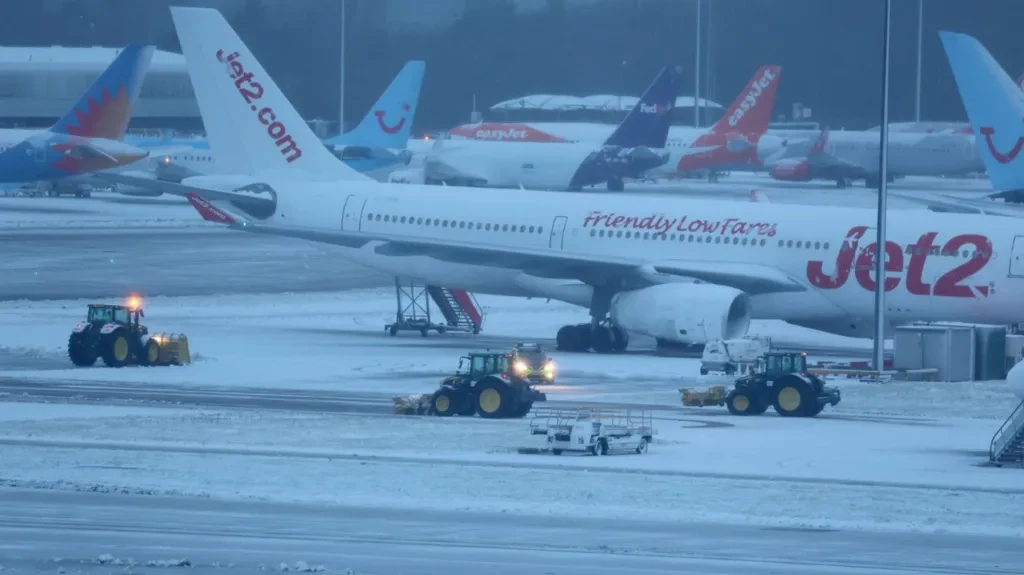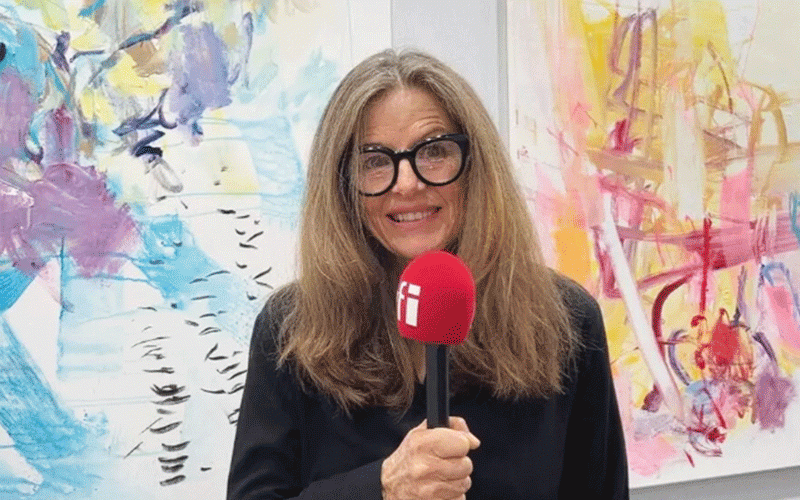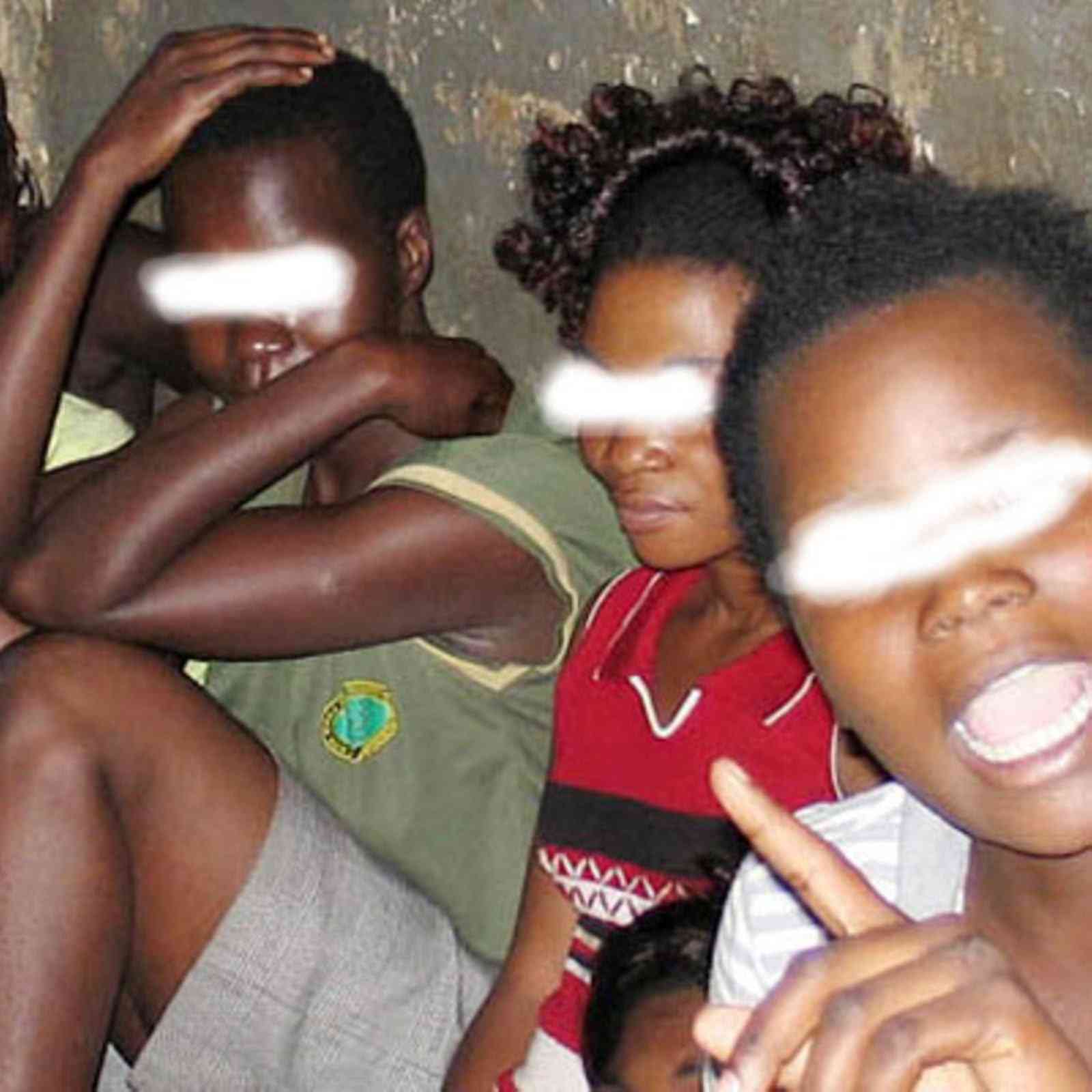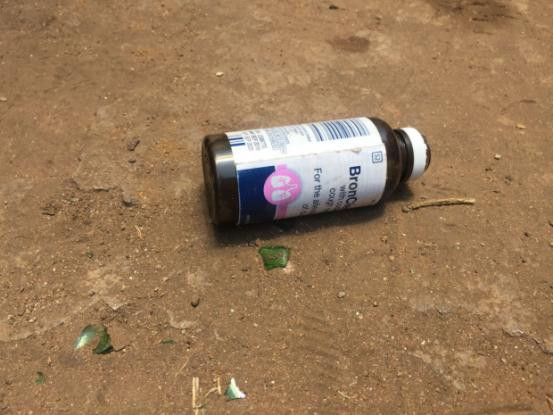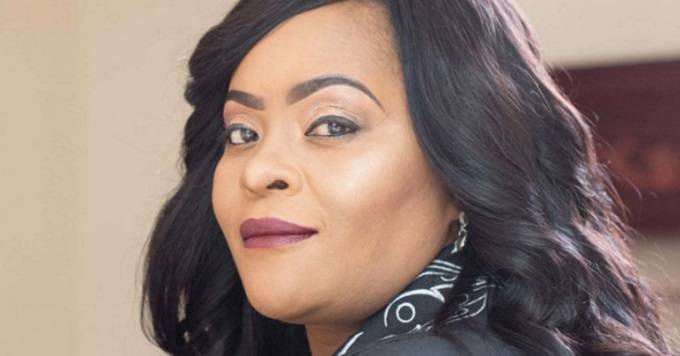
Health workers at one of the top hospitals in Zimbabwe downed tools on Wednesday demanding urgent talks with the government after their salaries were abruptly cut by at least 50 percent.
The protests took place in Harare, where nurses, doctors, radiographers, and other support staff demanded answers over the varying deductions including allowances for COVID-19 frontline workers.
The protesting health workers said they were earning between $7,000-$10,000 Zimbabwean dollars (ZWL) per month ($100USD-$130USD) before their earnings were cut to ZWL$3,500-$5,000 (35UD-45USD) amid run-away inflation now at around 900%.
Looking at how the parallel exchange rate is galloping into a bum trip, calls by these health workers are very genuine as inflation has eaten into their earnings leaving them with little or nothing at all.
A representative of the Zimbabwe Nurses Association (ZINA), Enock Dongo explained their ordeal saying government’s action wasn’t expected by these front-liners in the midst of a fight against Covid-19.
“We were taken by surprise that at a time when we expected the government to increase salaries because of inflation, they decided to slash our meager earnings,” he said.
The protesters were waving signs with messages stating “$40 can’t cover your daily expenses,” “we’re nurses and humans too,” “we need more money,” and “we’re hungry.”
The recurrence of this same pattern and how government reacts to critical situations shows how insincere these office bearers are. They seem so divorced to the realities of the masses that have been affected by both the scourge of Covid-19 novel and the economy that started shrinking way before the thunder-strike of the pandemic.
- Chamisa under fire over US$120K donation
- Mavhunga puts DeMbare into Chibuku quarterfinals
- Pension funds bet on Cabora Bassa oilfields
- Councils defy govt fire tender directive
Keep Reading
The huge disparity of salaries being earned by Zimbabwean health workers and the rest of SADC countries shows how our economy has reached the deepened, after the ushering in of the new dispensation that toppled the late former nonagenarian leader Robert Mugabe’s 37 disastrous years in power.
The average salary for a registered nurse in South Africa is R 31.877,95 per month which when converted at the Zimbabwe interbank rate is around 2,500USD, a registered Zambian nurse is earning about six times a Zimbabwean nurse.
Before these pay cuts, nurses were earning between $7,000ZWL-$10,000ZWL per month which when converted through the ‘operating’ parallel-market its 65USD to 100USD.
A breakdown of this amount cannot sustain someone who has a family to look after, worse to speak of rentals, bills and school fees; there is need for government’s reflection into the lives of these front line health workers.
Speaking as a mother and a human rights activist this is highly insane and something must definitely give before the situation turns in a spiral direction.
The government is not taking cognisant that when a grievance is presented, there must be measures put in place to assist the affected so that critical services are not put on hold especially this time when the corona virus is wreaking havoc with the surging cases of positive cases being recorded daily.
Nurses proudly known for their garner trust with patients who are at the fore front of this Global Covid-19 pandemic should be prioritized by the government. This is the time when the salaries are actually supposed to be increased considering that business have been affected by the enforced lockdown.
If not treaded carefully, protests by these health workers can hamper all efforts to deal with COVID-19 in a country that has confirmed cases rising every day.
Meanwhile, soldiers and police tightened a lockdown security in major cities and towns, turning people back home for unexplained reasons.
The hospital workers strike could hamper efforts to deal with COVID-19 in a country that has recorded 391 confirmed cases including four deaths to date.
The government has responded with a dodge raise in civil service wages and allowances.
“With immediate effect all Civil Servants salaries will be adjusted upwards by 50%, in addition all civil servants will be paid a flat non-taxable COVID-19 allowance of $75 per month,” a Finance Ministry statement said.
“The interim arrangement is for three months starting from June 2020.”
In a letter signed by 14 labour unions representing nurses, doctors and other health-care professionals, the Health Apex Council said its members want to be paid in U.S. dollars because of the collapse in the local currency’s value and surging inflation. It also rejected a three-month coronavirus allowance of $75 announced by the Treasury on Wednesday.

